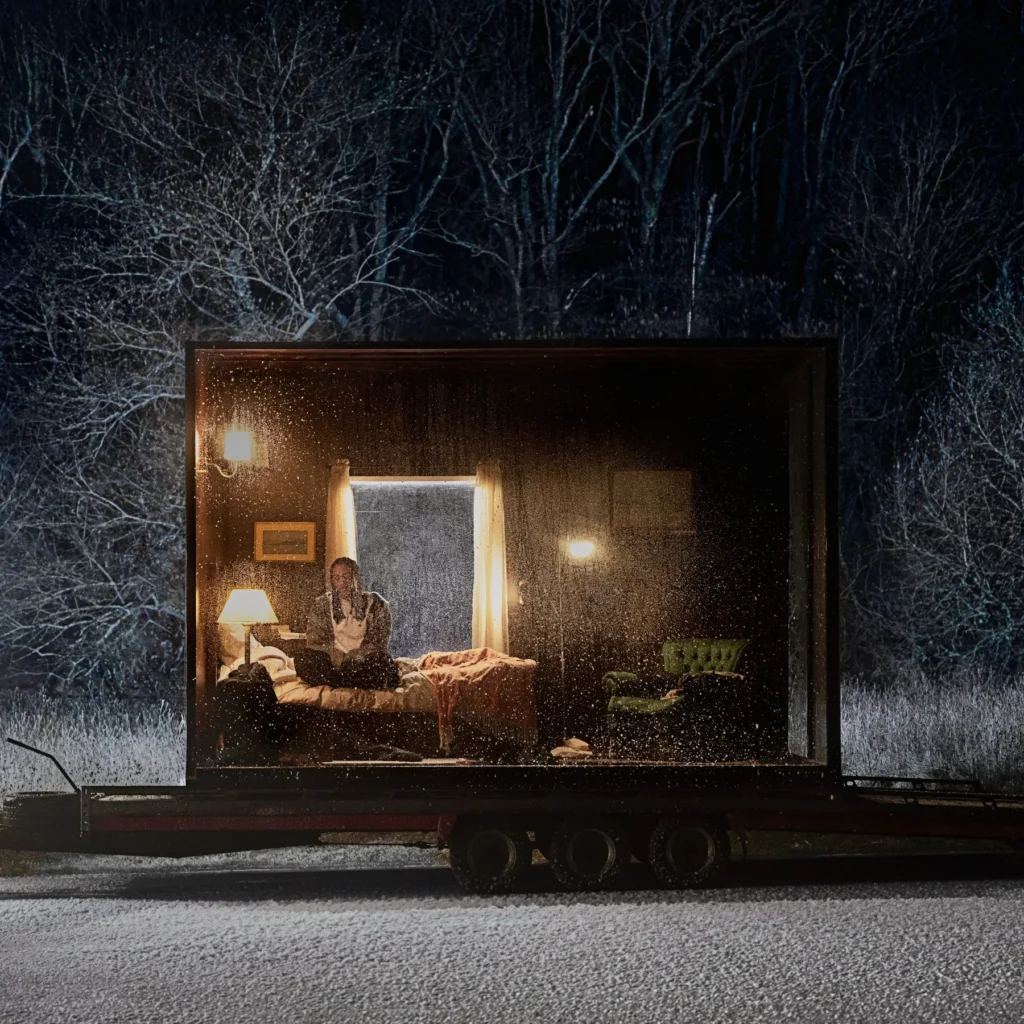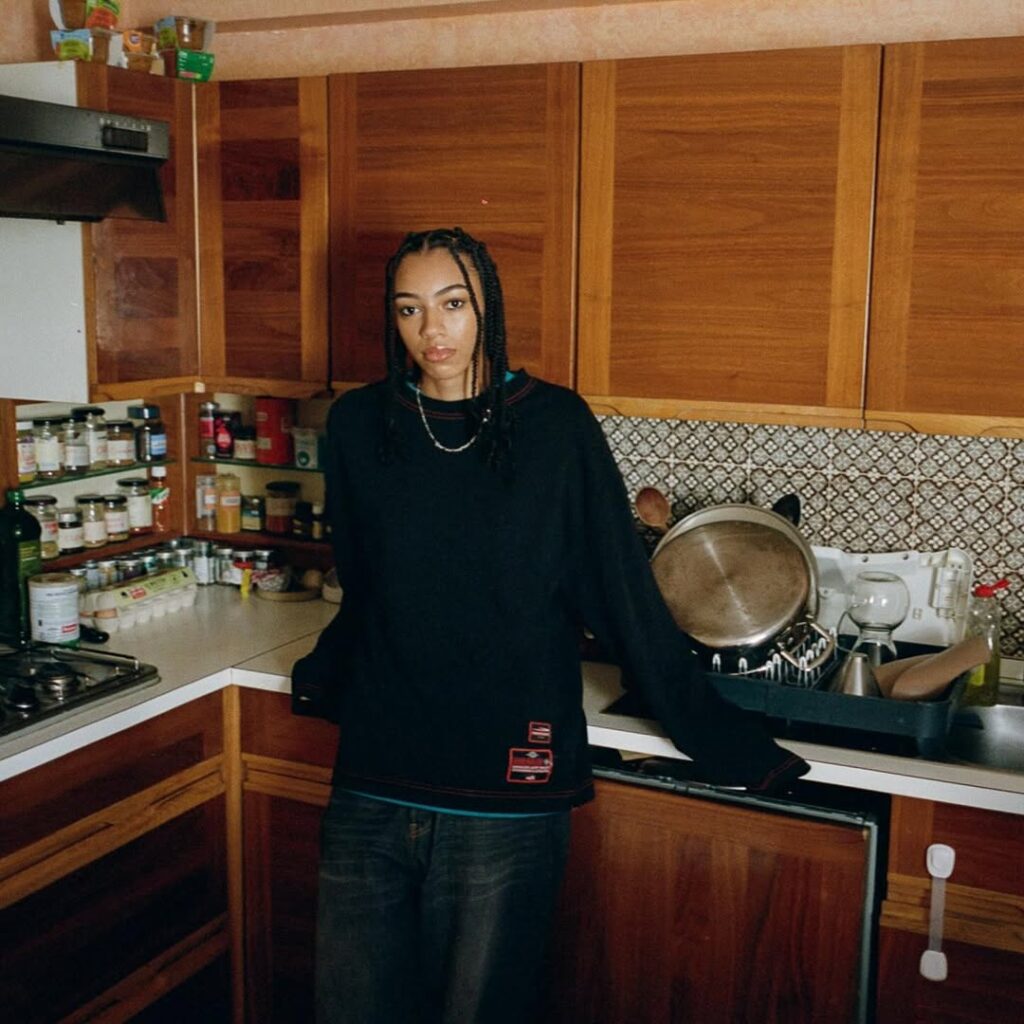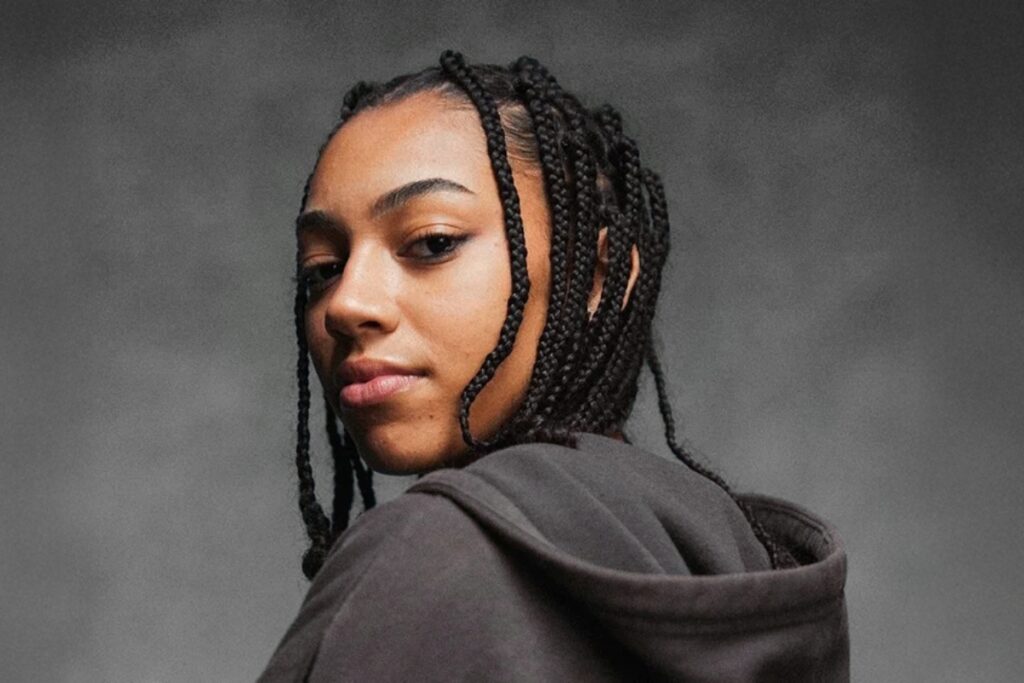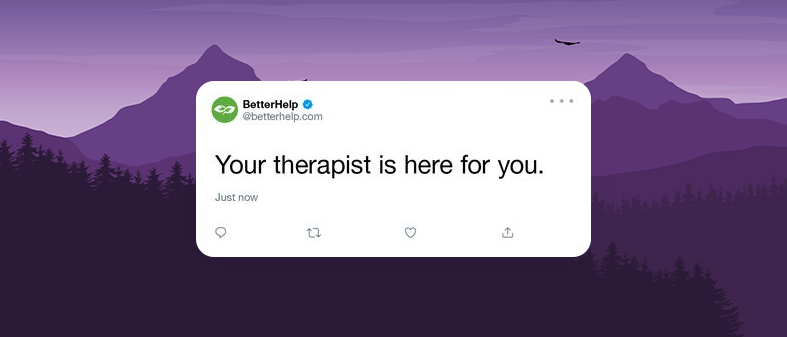There’s something oddly brave about turning your worst moments into songs and then inviting strangers to listen. At 22, South London’s Amie Blu has built her entire debut album around this idea, transforming the kind of sadness most people try to hide into something that feels oddly communal.
Her debut album, when all is said and done, dropped on September 26th, and it’s exactly what the title suggests: 12 tracks of unfiltered honesty clocking in at just under 36 minutes. The songs read like torn-out diary pages set to music, blending R&B and soul with stripped-back folk-pop that hits harder than you’d expect from something so gentle.
Blu, who has French roots but creates her music in South London, doesn’t try to dress up her lyrics. Songs titled “swimming in pity,” “worse,” and “missing everything” give you a pretty clear idea of where her head’s at. But she pulls off something tricky. These tracks about depression and loss don’t feel like they’re wallowing. There’s this underlying current of resilience running through the whole thing, like she’s documenting the rough patches but also actively trying to climb out of them.
“After writing this album, I looked at it from a bird’s-eye view, and it is so sad,” she admits. “It 100% encouraged me to take active steps in feeling better.”
The album’s breakout track, “shadow,” caught SZA’s attention online, a co-sign that introduced Blu to a much wider audience. What stands out about “shadow” is how it pairs an almost bright, anthemic sound with lyrics that cut deep. It’s the kind of juxtaposition that makes you listen twice, first for the melody, then for what she’s actually saying.

Blu describes her music as feeling “like when you’re swimming in the sea and it starts raining,” she told DIY — which honestly tracks. There’s this immersive quality to her work, where her soft voice contrasts with lyrics that don’t pull punches. Writing and singing function as therapy for her, and you can hear it in tracks like “falling to pieces,” a song written from her cat’s perspective during its final illness. Fans have started holding up pictures of their pets during that song at shows, which apparently makes her want to cry just thinking about it.
She’s not new to performing, though this year brought some serious milestones. Blu opened for Faye Webster across multiple dates in June, with the Bristol show standing out as a favorite. “I had never been there before so I had no idea what to expect, but that crowd showed me so much love,” she told Fader. She’s also shared stages with Joy Crookes and Jacob Banks, picking up what might be the most useful lesson for any young artist: “Everything happens for a reason, and it’s okay to fuck up.”
Now she’s gearing up for her first headline tour across the UK and Europe, starting this October. The preparation involves singing lessons and band rehearsals. She’s serious about delivering these songs the way they deserve to be heard live. For someone who started out in community projects like ArtsTrain and Flames Collective, the leap to headlining venues feels significant, though Blu credits those early experiences with teaching her the value of collaboration and community.
The album itself was written with friends during what sounds like a concentrated creative burst. The first song they wrote, “swimming in pity,” opens the album. The last one from those sessions, “when there’s a will there’s a way,” closes it. Everything in between fills out what feels like chapters of one continuous story.

Blu isn’t trying to manufacture relatability or package her struggles into something marketable. She writes for herself first, knowing she’ll share it but not trying to guess what people want. “I don’t know what people want, and if I tried to assume, it would be poop anyway,” she tells Metal. It’s that authenticity that seems to be connecting. People finding her music and relating to it feels like a privilege to her, not a strategy.
Maybe that’s the thing about making art from pain. It only works when you’re willing to be honest about the mess of it, when you stop trying to make it pretty or palatable. Blu’s done that with when all Is said and done, and in doing so, she’s created something that doesn’t just document sadness but somehow makes room for other people’s sadness too. That’s not a small thing to pull off at 22, or at any age really.
For more from Amie Blu, visit her website, or follow her on Instagram, TikTok, and YouTube. Stream When All Is Said and Done on Spotify or Apple Music.



